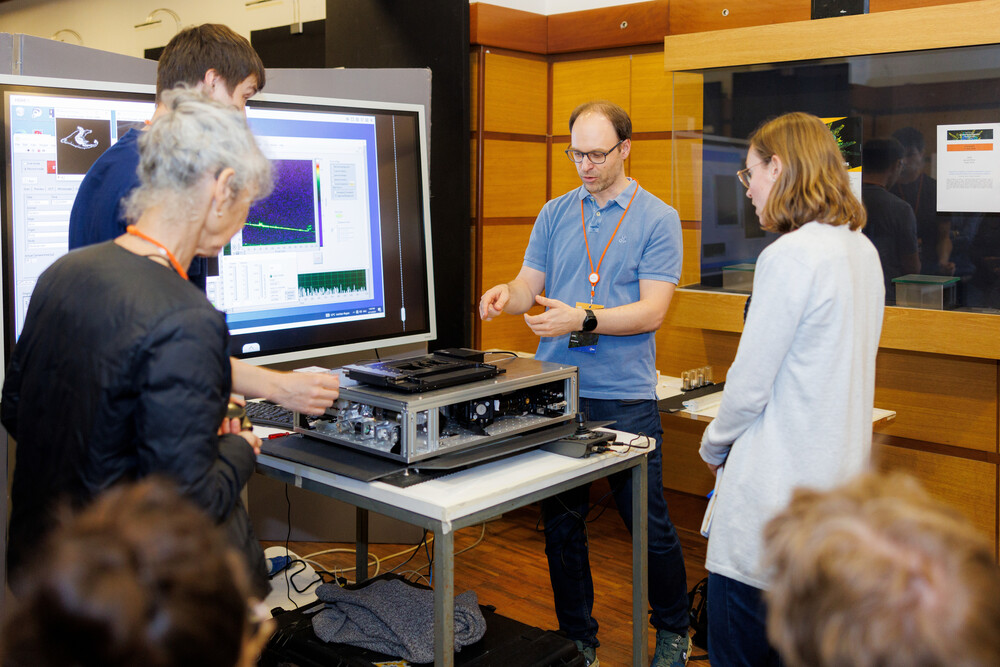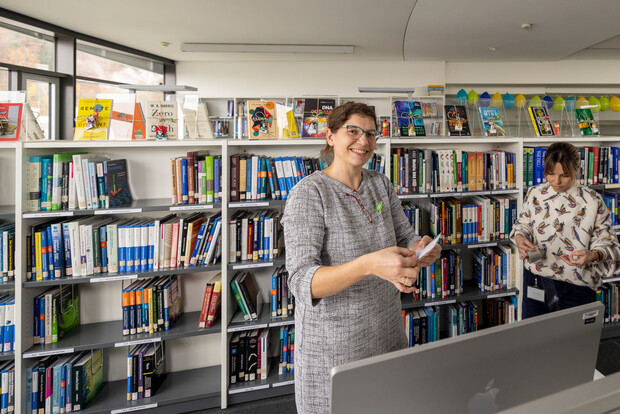
Once you have a feeling for who you are as a professional and your priorities for the next career step, you can start exploring the options available to you. The career exploration stage can be time-consuming, particularly if you are considering a number of jobs. To optimise your time investment, the EMBL Fellows’ Career Service has collected information about career areas that PhD-holders in the life sciences often pursue, and general resources for exploring career options.
Key questions:
- Which academic and non-academic options could be a good fit for you?
- What are the typical responsibilities of those roles?
- What are potential entry points and the typical career progression for your target career areas?
- What knowledge, skills or experience could increase your competitiveness when you apply?












